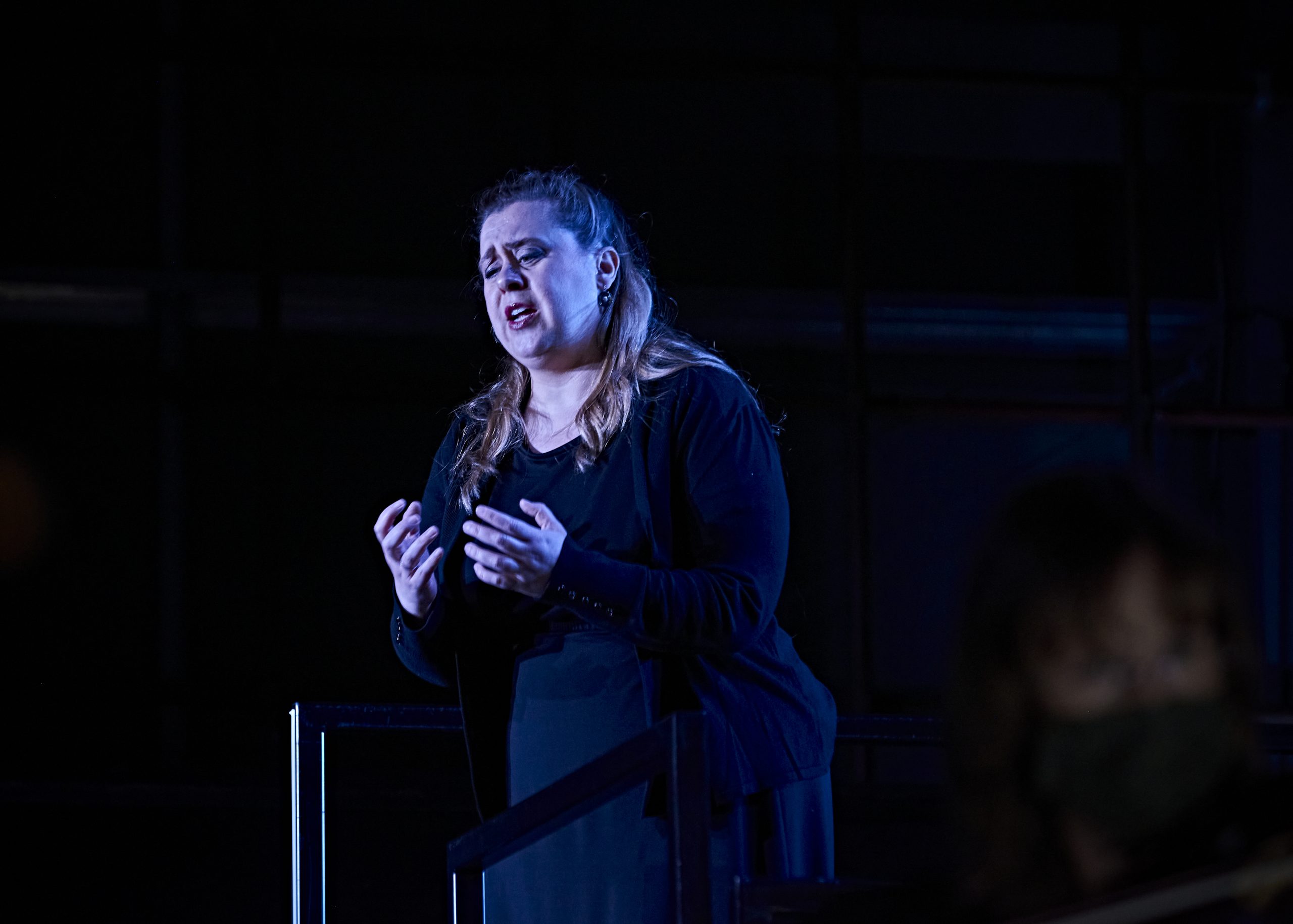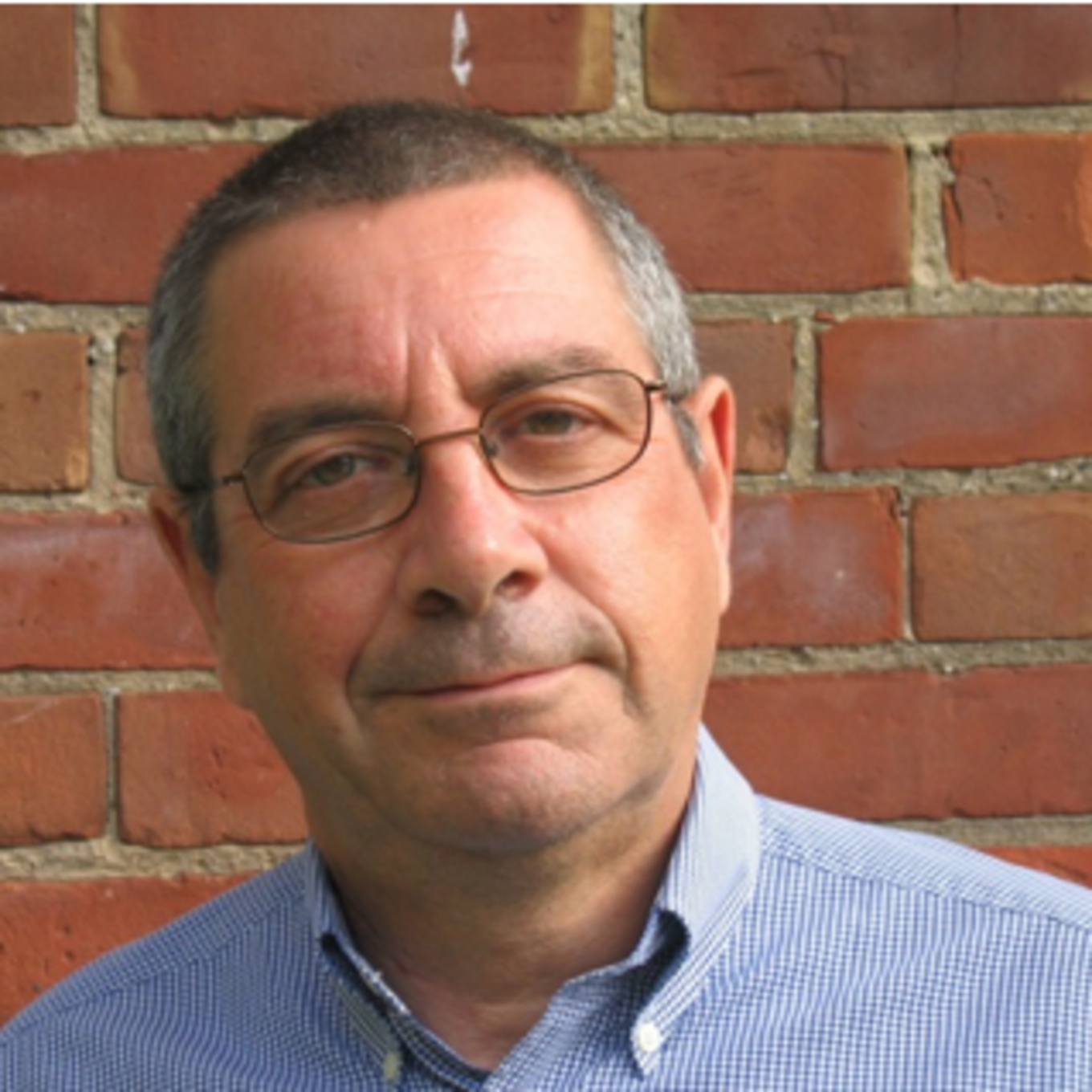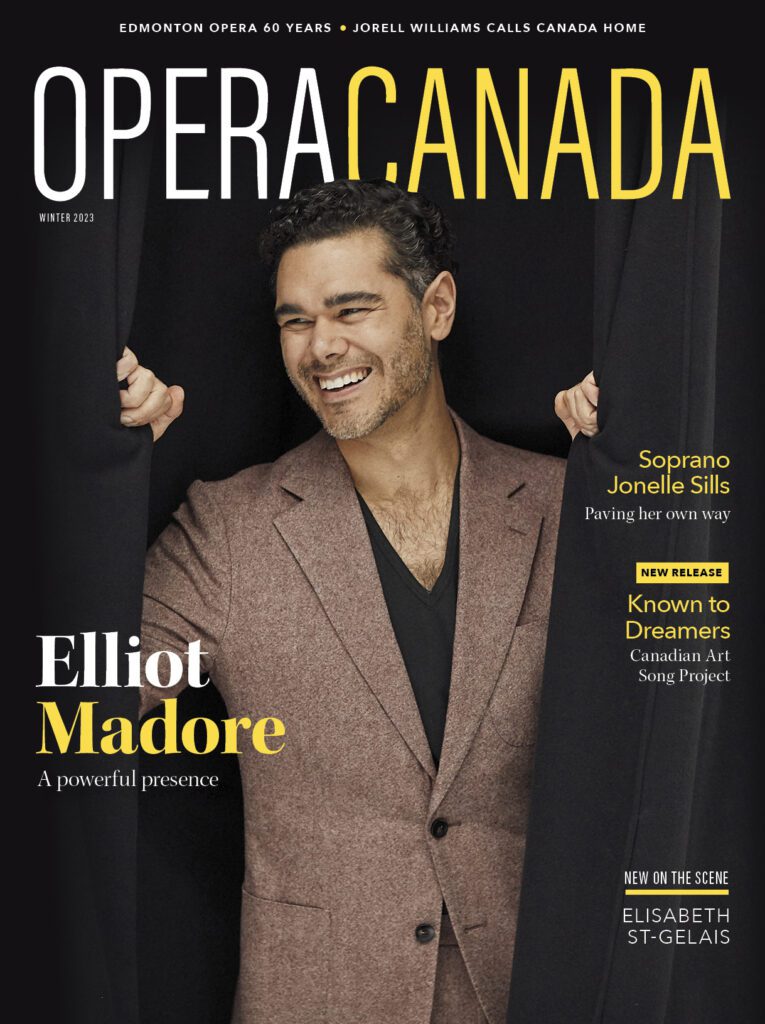Britain has an established tradition of “country house opera,” with almost a dozen companies offering summer festivals in or around more-or-less stately homes in rural settings. Glyndebourne is the model and the pre-eminent link in the network, but others, including Grange Park Opera and Garsington Opera, have sterling credentials for the quality and innovation of their artistic programs. The Longborough Festival Opera, named for a Cotswold Hills village in Gloucestershire, has further distinguished itself over the past 20 years for its specialty in the works of Richard Wagner.
The festival’s intimate 500-seat theatre seems an unlikely location for epic-scale music dramas, but Longborough has by now staged almost all of Wagner’s mature works and is currently taking its third shot at Der Ring des Nibelungen.
Operavision.eu is currently streaming a June 2021 performance of Die Walküre from Longborough. This is the second instalment of the festival’s new Ring, which adds Siegfried then Götterdämmerung over the next two years, and a complete cycle planned for 2024. COVID restrictions have impacted development of this Ring, which began with Das Rheingold in 2019; this summer’s Walküre received only what was billed as a concert performance. But Amy Lane’s deft, minimalist staging and Charlie Morgan Jones’s atmospheric lighting, enhanced by Phil Glenny’s camera calls for StageCast’s video production, add up to a dramatic whole that’s considerably bigger than the sum of its parts.

L-R: Sarah Marie Kramer (Sieglinde) and Brindley Sherratt (Hunding) in Longborough Festival Opera’s Die Walküre. Photo: Jorge Lizalde
Longborough’s pit is too small for a full Wagner orchestra, and here the festival is using a new reduction of the score by Francis Griffin, founder of UK-based Reduced Opera Orchestrations. This calls for only 16 string players, plus another dozen or so to cover woodwind, brass, percussion and harp. The numbers are distinctly un-Wagnerian, but in this performance, the orchestra sounds marvellously rich and detailed. True, there are parts, such as the cataclysmic ending of Act II, when one misses the dramatic heft of a big orchestra. But the more intimate, chamber quality of the reduced score, and the resulting finer balance between orchestra and voices, takes you to the beating heart of the music. With Longborough Music Director Anthony Negus, one of the U.K.’s most experienced Wagner conductors, on the podium, this is as compelling an account of Walküre as I’ve heard anywhere with full forces.
I can’t say how the division sounded in the theatre, but the orchestra is split. Strings play in full view onstage while the other musicians are in the pit. All the sections sound perfectly integrated in the studio ambiance of a digital livestream, but putting the strings onstage made for a livelier, more interesting perspective on the singers. Off book, they move about on different levels among the instrumental players, the characters interacting with each other. So the narrative unfolds in a more engaging manner than is usual in a straightforward concert performance.

L-R: Sarah Marie Kramer (Sieglinde) and Peter Wedd (Siegmund) in Longborough Festival Opera’s Die Walküre. Photo: Jorge Lizalde
A mainly British cast of singers, clearly fully committed to the music and the drama, summons a vital performance, with first mention going to the visceral Siegmund of heldentenor Peter Wedd. His is a remarkably physical performance, his body language adding an extra layer to an excitingly sung portrayal. He was well-matched vocally by the Sieglinde of Canadian soprano Sarah Marie Kramer. Largely trained in the Netherlands, Kramer has a growing reputation as a Wagnerian to watch, having been chosen to participate in Katharina Wagner’s young artist program in Bayreuth for two years and now gaining the stage experience to go with the training. Hers is a rich, clear and seemingly forceful voice; if she seems a little detached in her physical portrayal next to Wedd in Act 1, her vocal delivery was luxuriant, and she was absolutely convincing in her portrayal of Sieglinde’s breakdown in Act II. Rounding out the human trio, bass Brindley Sherratt has the right dark resonance in his voice to make a truly malevolent Hunding.
At the beginning of Act III, the reduced orchestration certainly makes the Valkyrie ensemble much clearer, in both the harmonies and the rhythmic interplay of the individual lines. And the chamber-orchestra scale heightens the intimacy of the final father-daughter encounter. Scottish soprano Lee Bisset, slated to sing all the Brünnhildes in the Longborough Ring, here delivered a thrilling performance—firm voiced, passionately characterful and clearly in command of her music. The Wotan of Welsh bass-baritone Paul Carey Jones was less consistent. He sounded vocally vigorous in his Act II encounter with Fricka—strongly and thankfully not shrewishly etched by Madeleine Shaw—but then sounded at times to be tiring and a little raspy in his long monologue immediately after. His delivery of the central section of Wotan’s great farewell to Brünnhilde in Act III relied on a kind of sotto voce. While perhaps intended to underline a passage of tender affection, it also sounded as if he was running out of voice after a long evening; but then, he rallied with a powerful invocation of Loge’s fire to bring the curtain down.

L-R: Lee Bisset (Brünnhilde) and Paul Carey Jones (Wotan) in Longborough Festival Opera’s Die Walküre. Photo: Jorge Lizalde
All in all, this was a hugely accomplished performance that should not disappoint even hard-core Wagnerians. The unaccustomed dynamics resulting from the reduced orchestration offer fresh and revealing perspectives on the most familiar of the Ring operas.
The livestream recording Die Walküre is available free and on demand until February 25, 2022.
Opera Canada depends on the generous contributions of its supporters to bring readers outstanding, in-depth coverage of opera in Canada and beyond. Please consider subscribing or donating today.











